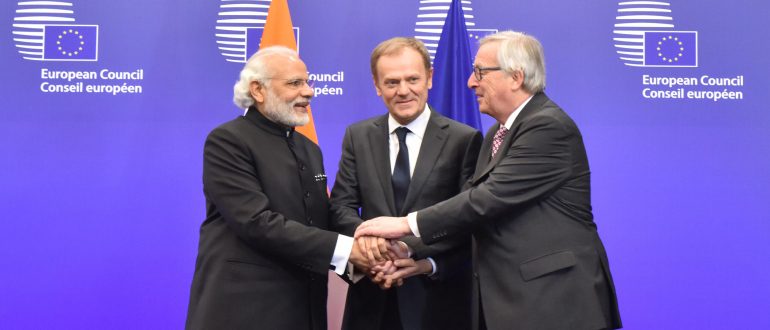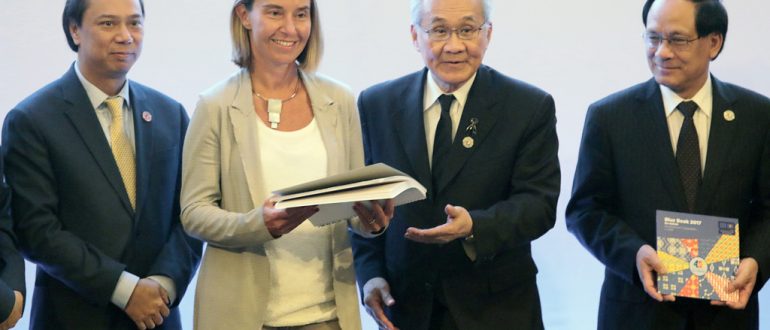Germany will have to do more
Development policy is one of the subjects that has been given the least attention in the election battle. It certainly does not attract voters. But new media in the affected countries and a surprising survey of Germans give rise to some hope.
Public Opinion is in favour of development cooperation
After all 80 % of Germans want the Federal Republic to meet its obligation and spend 0.7 % of gross national product (GDP) on development cooperation. 40% even want a higher commitment. That sounds surprising. At the same time those surveyed overestimated the funds that the Federal Republic invests in development cooperation. The average estimate is around 2.4 % of GDP. In fact it is just 0.38 %, so just half of the desired 0.7 %. “The survey’s results are a clear instruction to the new government: Germany can no longer thrown smoke grenades but instead must finally live up to its international commitments,” comments Renate Bähr, managing director of Stiftung Weltbevölkerung who initiated
this survey. Most industrial countries do not reach the objective set by the UN to spend 0.7 % of GDP on public development cooperation. Of the 23 donor countries in the OECD development aid committee, only five set the standard: Sweden, Norway, Luxembourg Denmark and the Netherlands.
Funding rich elites will catch up with Europe one day
This year in addition to European politics, EurActiv.de has focused on development policy and published numerous analyses and interviews. An interview with Volker Seitz, who held various positions in the German Foreign Office from 1965 to 2008, including at the EU and in several African countries, is particularly worthy of mention. In a conversation with Euractiv editor Daniel Trost, the Africa expert said that instead of donating increasing amounts of money it would be more appropriate to finally audit the numerous services that already exist – Germany alone spends € 6.3 billion bilaterally – and have independent auditors investigate whether the measures are fit for purpose and achieve their objectives.
“Is it not important to know why three quarters of all development projects in Africa are unsuccessful? If there are no independent audits a passive hand-out mentality will continue and this will fund a small, rich elite.” Nearly all projects established with international aid are stopped as soon as the foreign funding dries up. “The opportunities to use the inflow of money appropriately are lacking ever more frequently. Certain governments and the development aid industry should no longer be measured against their promises but rather against their results.” It is not enough to establish remote objectives without worrying about how to achieve them. International aid often undermines the recipient’s ability to help themselves. “It is not made clear that it is help for self-help – and will come to an end. There is not enough pressure to take matters into one’s own hands.”
But supporting authoritarian regimes for years will catch up with Europe’s governments one day. Frustrated and demanding reform, they will speak out strongly and fight against the exploitation of agriculture and the failure of health and education systems. “Times have changed,” comments Seitz, “even for autocrats. Visibility and checks on their behaviour are constantly growing, not least due to the new media. Sooner or later everything will be revealed.”
Ewald König is the publisher and editor- in-chief of the European portal EurActiv.de
This article was published in cooperation with the Diplomatic Magazine.



